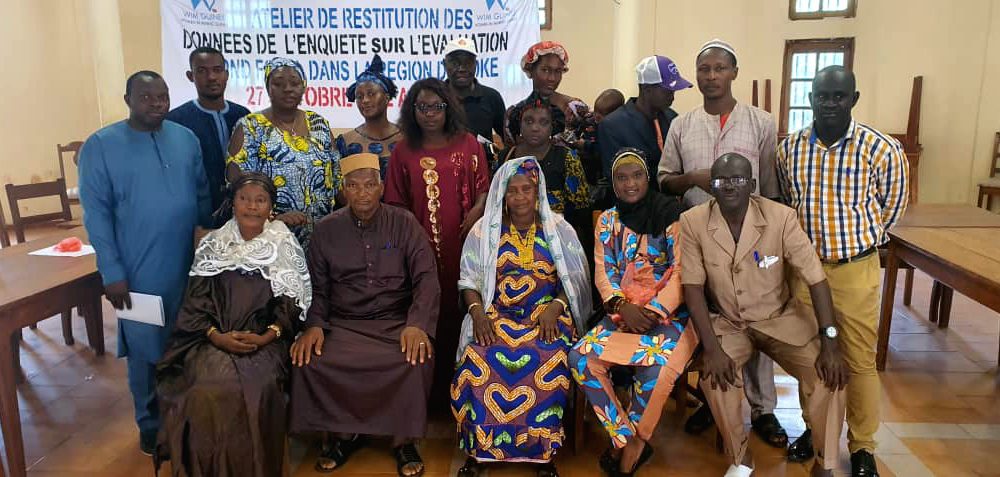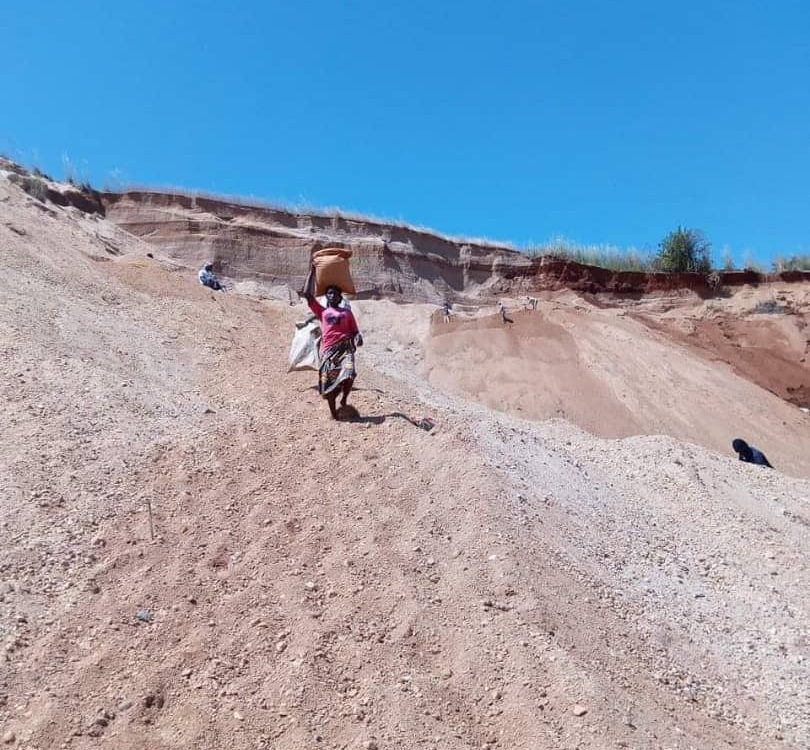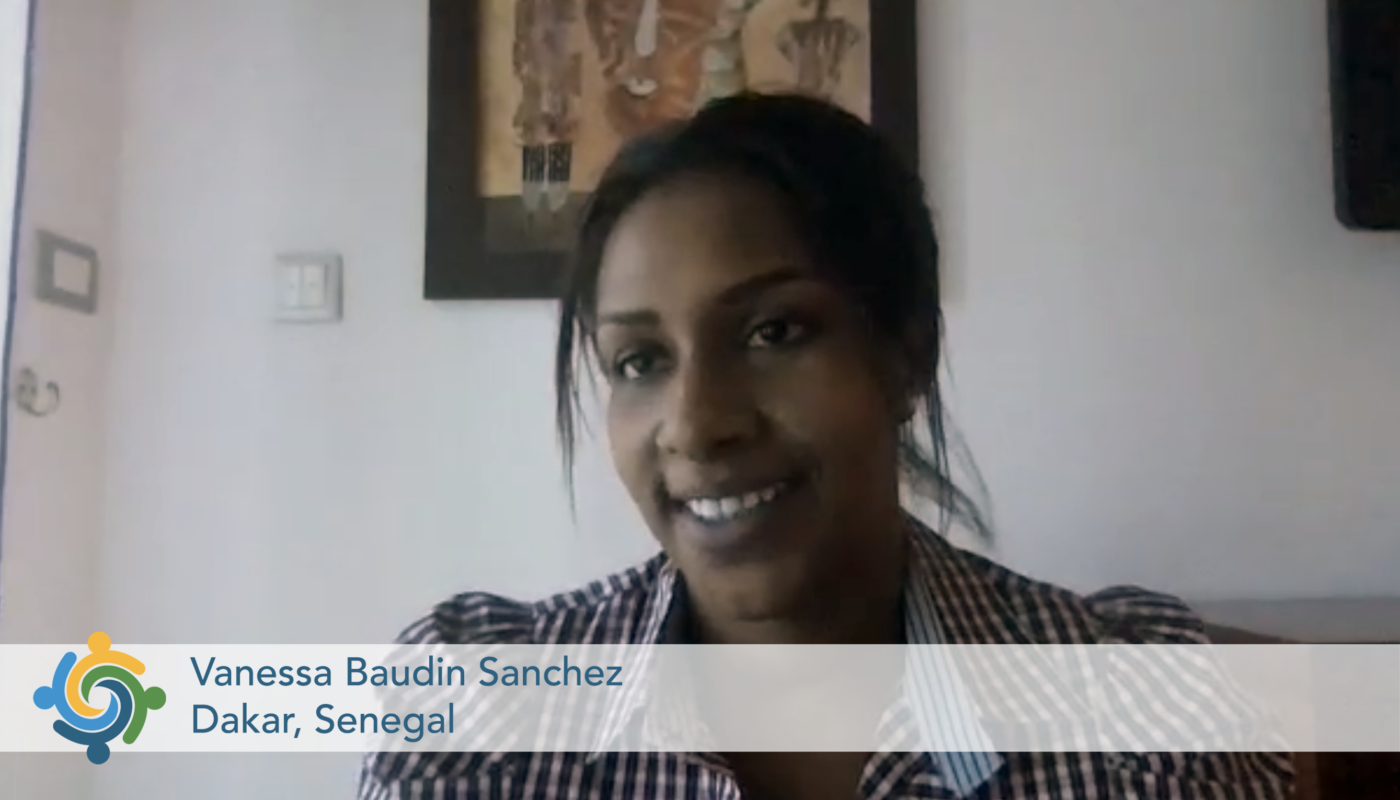Understanding Stakeholder Needs: Extractives Industry Data Portal Assessment in West Africa
Starting in June 2018, in partnership with Open Society Initiative for West Africa (OSIWA), DG assessed the extractive industry (EI) data landscape in Senegal, Nigeria, and Guinea. The goal was to determine the feasibility of designing and implementing an Extractives Industry Data Portal (EIDP) for each country, the initial objective of which would be to reduce reporting delays in Extractive Industry Transparency Initiative (EITI) annual reports. These delays could be up to two years for some countries.
This assessment followed initial work developing a website and portal for the Extractives Industry Transparency Initiative (EITI) International Secretariat. It included an in-depth study of each country’s legal and institutional frameworks, readiness to open up EI data; an analysis of activities of actors in the sector and their willingness to promote open data use, and a review of human and technical capacities for sustainable implementation. The assessment methodology included desk research to understand the specific country context, followed by one-on-one interviews with stakeholders in the government, private sector, and community service organizations.
Findings
One major finding is that countries are at the stage now where collecting data on the EI financial flows is no longer enough. The stakeholders, and especially the non-state actors, want information that will help them advocate for protecting the environment of the neighboring communities, make sure that the kids have proper educational services, and that the communities have access to health facilities. These assessments changed our perception of the need for national portals. At first, we envisioned a simple data collection tool, but now we understand that these tools need to be more advanced. They need to be able to measure the impact on communities well being in general, highlighting the obstacles, challenges, priorities, and the areas that could be improved.
Share
Related Posts

Les Fonds FODEL : Un appui aux femmes des es communautés minières avec WIM Guinée
Nous avons organisé un atelier de validation avec notre partenaire de mise en œuvre, Women in Mining (WIM) Guinea dans la région de Boké le 22 octobre 2022 pour confirmer les résultats d'une collecte de données conduite par WIM Guinée dans les sous-préfectures minières de Boké et Boffa. Les données ont révélé des améliorations potentielles des fonds de développement économique local (FODEL) et de leur administration qui, si elles sont mises en œuvre, pourraient permettre davantage aux femmes et aux associations de femmes des communautés minières de capitaliser sur ces fonds et de mieux les utiliser pour soutenir leur développement local.

FODEL Funds: Supporting Women in Mining Communities with WIM Guinea
DG and our implementing partner, Women in Mining (WIM) Guinea, held a validation meeting in the Boké region of Guinea on October 22, 2022 to confirm the findings of a data collection initiative that WIM Guinea conducted in the country’s Boké and Boffa mining subprefectures. The data revealed potential improvements to local economic development funds (FODEL) and their administration that, if implemented, could further enable women and women's associations in mining communities to capitalize on these funds and better use them to support their local development.

Une réflexion sur les données des IE
Au cours des dernières années, DG a intensifié sa recherche dans le domaine des industries extractives (IE) en Afrique de l'Ouest, ce qui a permis de mieux cerner les lacunes en termes de données et d'identifier les opportunités du secteur. Nous avons constaté que les informations disponibles au grand public sont principalement axées sur la transparence des flux financiers et ciblent la scène internationale, mais occultent les facteurs non-financiers et l'impact local réel de l'industrie. Une question reste en suspens : comment promouvoir la divulgation de données susceptibles d'appuyer les communautés impactées par les activités extractives ?
